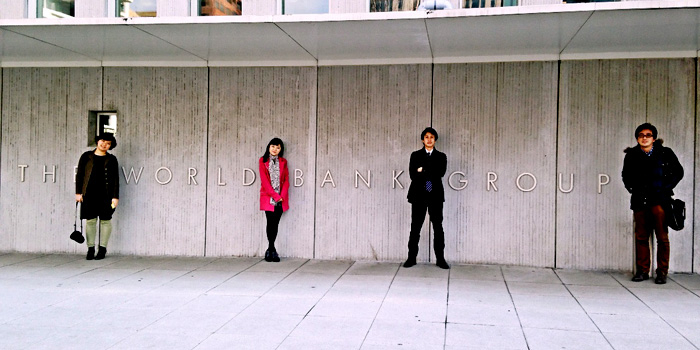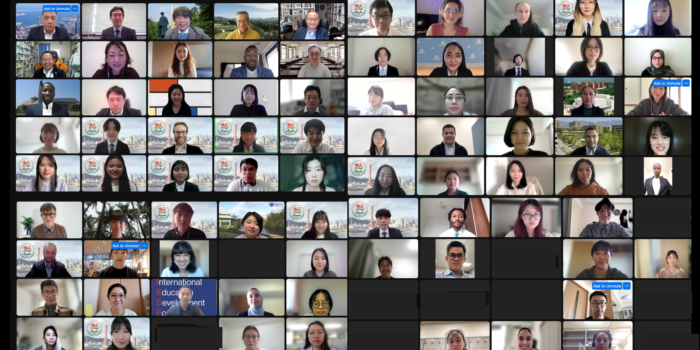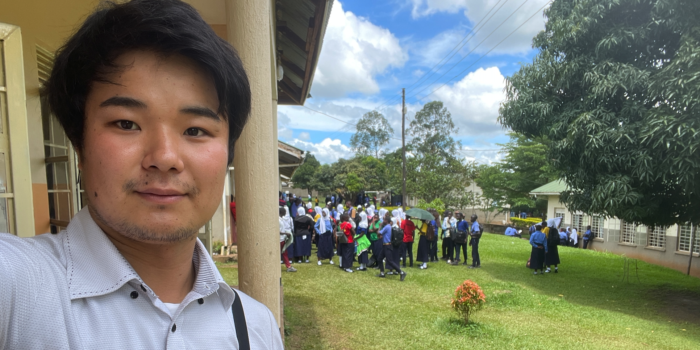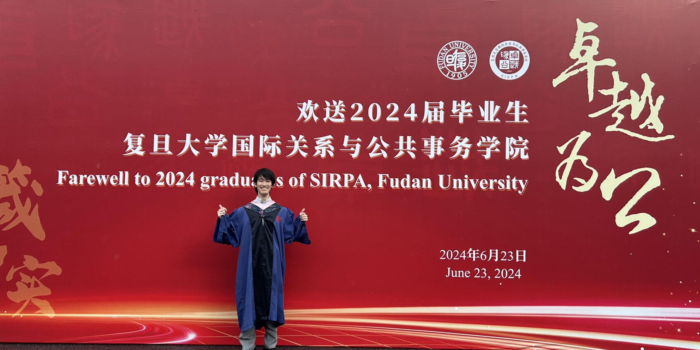In 2014 winter vocation, I participated in the field study conducted by Professor Keiichi Ogawa in Washington DC, USA. This field study contains various activities, including visits to international organizations including World Bank, FHI 360, International Monetary Fund, Inter-American Development Bank, joining seminars given by education specialists, visit to university George Washington University, as well as joint study together with students from George Washington University and Havard University.
In World Bank, firstly we attend meeting chaired by Dr. Eduardo Velez Bustillo, who worked as Principal Education Specialist. In the meeting we raised many questions regarding various education issues in terms of gender, equity and quality. He answered our questions very well based on his enriched knowledge from a professional point of view. We also had opportunity to meet with Dr. Harry Patrinos and Dr. Halsey Rogers. Dr. Harry Patrinos is a Lead Educational Economist in World Bank who specializes in all areas of education. He delivered a professional and interesting presentation about rate of return to education, which is one of key concepts in education area. Dr. Halsey also gave us presentation with the topic of Learning for All. He mentioned many new trends in education development, which focuses more on quality of education rather than just access. Professor Ogawa also arranged a meeting for us with Dr. Andreas Blom, who is a Lead Education Economist specializing in Uganda. He delivered a presentation regarding quality of education in Uganda and introduced World Bank project being implemented there. This is a very meaningful and beneficial meeting for me since personally my research interest exists in Uganda.
 Then we could get involved in a joint study in FHI 360 with 20 students from Havard University. In FHI 360, we were able to attend meeting with leaders from different departments. They introduced their own working, interest fields and some projects being implemented in many developing countries. Meanwhile, specialists there also kindly answered questions raised by both students from Kobe University and Havard University. This is a very good opportunity for us to learn what FHI 360 is and how they are working. More importantly, we were able to learn that what skills are required for people working in international organizations.
Then we could get involved in a joint study in FHI 360 with 20 students from Havard University. In FHI 360, we were able to attend meeting with leaders from different departments. They introduced their own working, interest fields and some projects being implemented in many developing countries. Meanwhile, specialists there also kindly answered questions raised by both students from Kobe University and Havard University. This is a very good opportunity for us to learn what FHI 360 is and how they are working. More importantly, we were able to learn that what skills are required for people working in international organizations.
Besides these, we also visited George Washington University, IMF and IDB, from which we learned much both on American university culture and international organizations working. Overall, this field study is productive, meaningful and memorable. It is a wonderful opportunity for us to get involved in a practice of educational development as well as broaden our eyesight.
By Xiaoxiao Jia
Related







